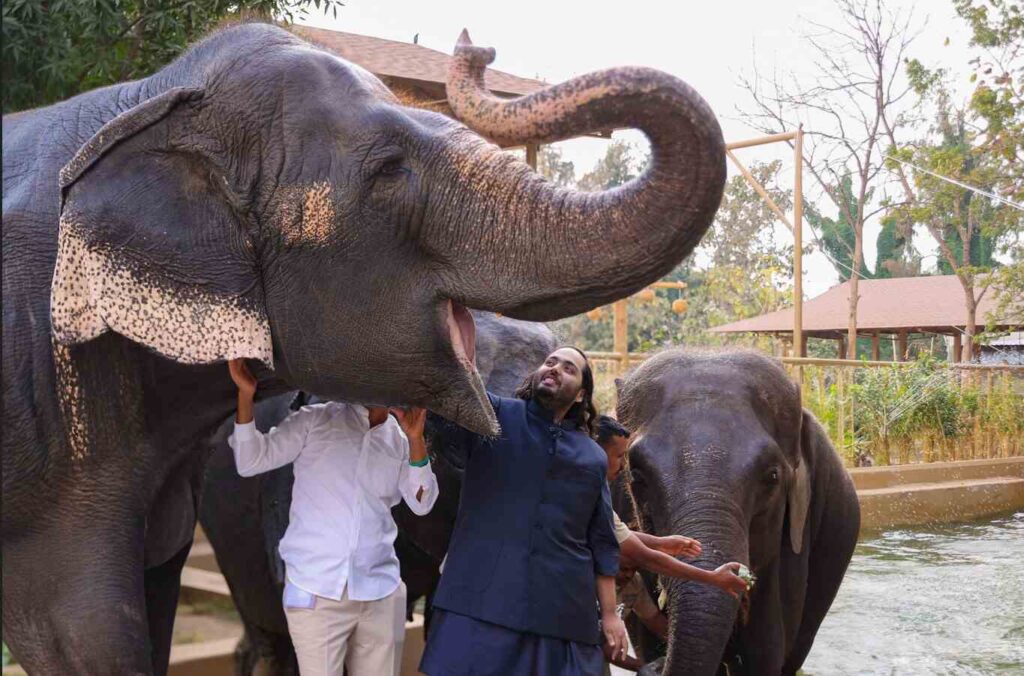India’s high-profile mega-zoo, Vantara, is under renewed international scrutiny over its acquisition of endangered species. Officially known as the Green Zoological Rescue and Rehabilitation Centre, the facility in western Gujarat is run by the son of Asia’s richest man and claims to house 150,000 animals. However, recent inspections by the Convention on International Trade in Endangered Species of Wild Fauna and Flora (CITES) suggest a much lower number around 47,000.
Leading wildlife experts have urged India to suspend all imports of the world’s most endangered species, echoing long-standing concerns about Vantara’s mass acquisitions. According to a CITES report released ahead of upcoming international talks, the zoo may have imported highly endangered species in ways that contravene international rules. The report identified over 2,000 Appendix I animals the world’s most threatened species and nearly 9,000 from less endangered categories.
Among the most controversial acquisitions are Tapanuli orangutans, cheetahs from Syria, a gorilla from Haiti, and bonobos from Iraq. While the zoo classifies some animals as “captive-bred,” experts point out that no such breeding programs exist in the countries of origin, raising questions about legality and the source of the animals.
“This report raises more questions than it answers,” said Mark Jones of wildlife group Born Free. “Who is supplying these animals, and how can we be sure they’re not being traded for profit?” Panut Hadisiswoyo, founder of the Orangutan Information Centre in Indonesia, called the acquisitions “really, really shocking” and warned that Vantara exploits legal loopholes, undermining protections for the world’s most endangered species.
While CITES acknowledged Vantara’s advanced facilities, it recommended stricter scrutiny of import permits and procedural reforms. India’s response will be closely monitored, and trade suspensions remain a possibility if reforms are not implemented.
Experts warn that addressing these issues is critical for India to restore its credibility in global wildlife conservation. “Exemplary action is needed to ensure India does not inadvertently support illegal wildlife trade,” said K. Yoganand, a senior conservation expert.

